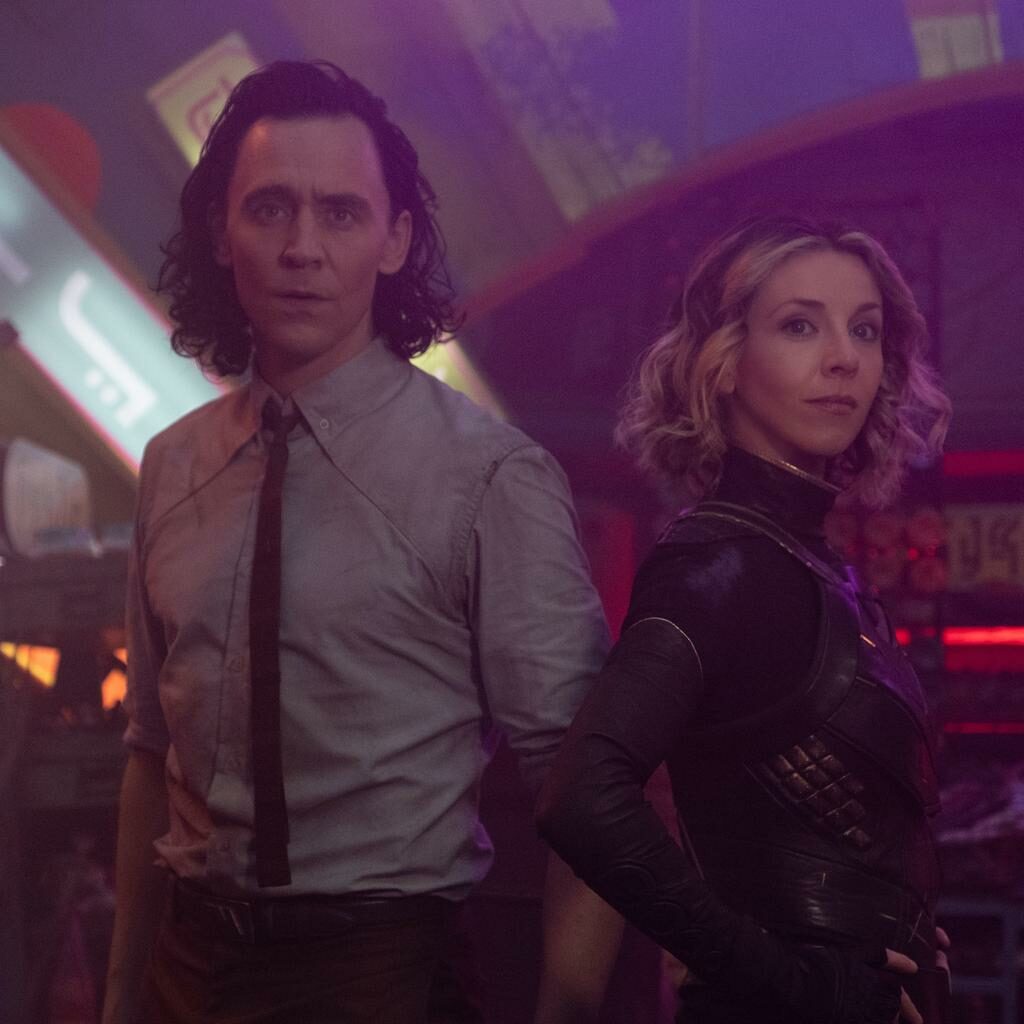Review: Loki – Season One
The latest in Marvel’s Disney + shows, Loki brings equal amounts of fun and depth to a story involving time travel and free will.
After stealing the Tesseract during the events of Avengers: Endgame, Loki escapes his seemingly inevitable fate. This brings Thor’s villainous sibling into a clash with the Time Variance Authority, a time-travelling police organisation that seeks to ensure the timeline remains orderly. The TVA labels Loki as a Variant, a version of a person who exists in the timeline but poses a threat to everything by choosing something different to what the so-called Sacred Timeline preordained. As the show unfolds, Loki finds out more about the shadowy organisation and what lurks behind the curtain.
While it might seem obvious that Insights recommends Loki to Marvel fans, the show will also appeal to fans of shows like Dr Who, with its exploration of time travel and the universe.
Visually, Loki is spectacular, with settings ranging from far flung planets to the TVA’s headquarters, which is something of an oppressive mix of 1980s brutalism and art deco designs. In a similar way to how Wandavision shifts from TV decade to decade with each episode, most episodes of Loki take place in a different decade.
While Loki is obviously not a show with a particular theological message, its exploration of free will versus an ordered timeline recalls a number of debates or which Christians would be well aware as it regards predestination. The problems posed by the existence of free will and human sinfulness constantly bubble below the surface. The show also explores questions about nature versus nurture and people’s character. There are constant questions about whether or not Loki can change as a result of his experiences and out of effort, or if he is an untrustworthy villain as a result of his own inherent nature.
As per usual, Hiddleston chews scenery as Loki, portraying equal amounts of humour and pathos as the character truly grows. Sophia Di Martino plays another major character who is something of a McGuffin for the first few episodes. Her character is a complex one and she shows enough range to suggest that the character would make for a welcome return in future shows and films. Owen Wilson plays Agent Moebius, a TVA agent who is unsure whether he can grow to trust Loki, or if Loki’s nature makes this impossible. In this role, Wilson goes slightly beyond his usual performance range. Gugu Mbatha-Raw plays Renslayer with a complexity that makes the character’s motivations truly difficult to discern, which is essential for this show. Richard E. Grant plays ‘Classic Loki’, a Loki variant who shows up and adds both humour and gravitas to the story. Jonathan Majors appears late in the season as a major character. While avoiding spoilers means more cannot be written about this character, Majors’ performance is one of the show’s strongest.
Any viewers who want to know how much of the prior Marvel films and shows they will need to have seen would do well to have watched Avengers, Infinity War, and Endgame, with the Thor films standing out as helpful but not entirely essential. The show manages to recap key events, however, so long-term viewers need not rewatch anything.
From what appears to be Marvel’s current slate, Loki feeds into the next Antman and the Wasp film, Quantumania in 2023 and will reappear in a second season, barring too much more mischief.
Loki is streaming now on Disney+.












